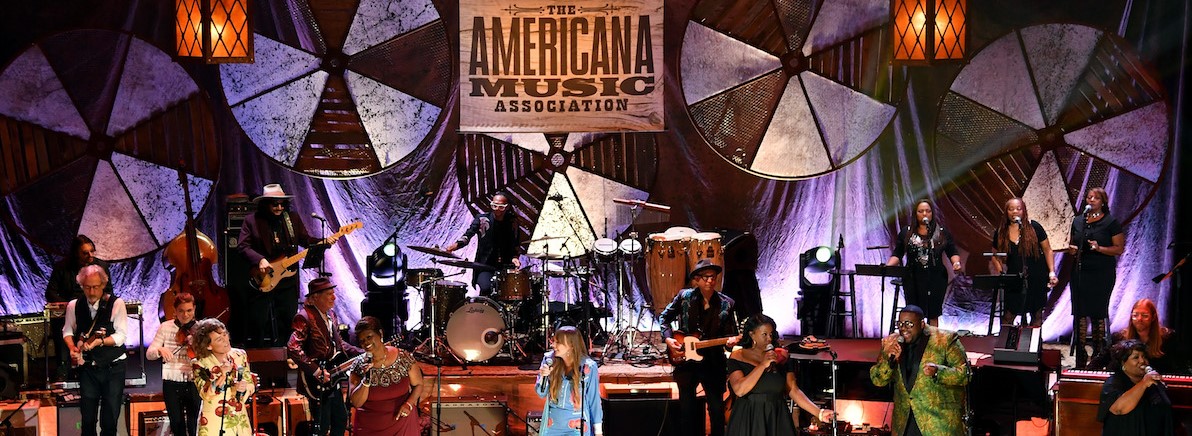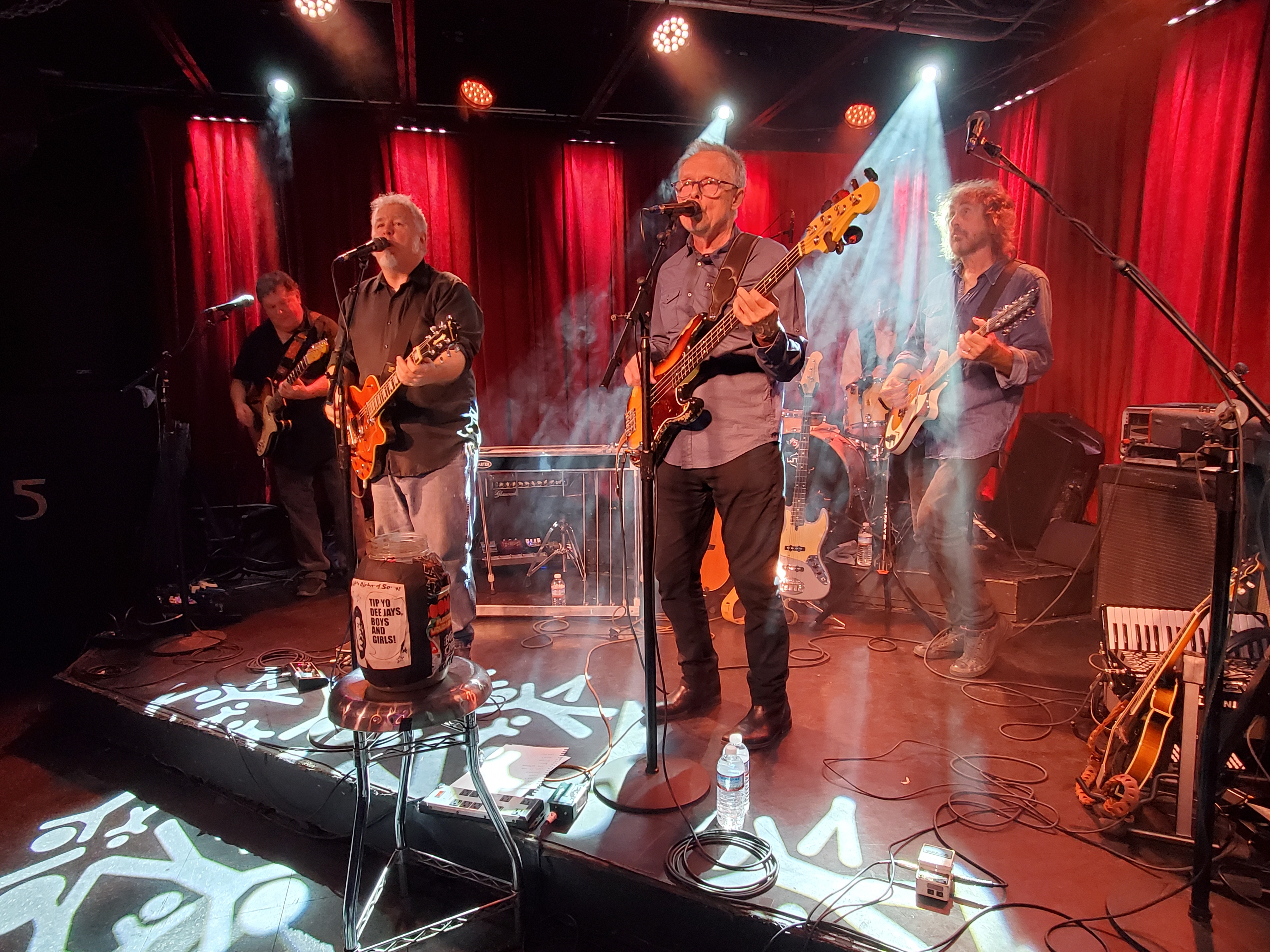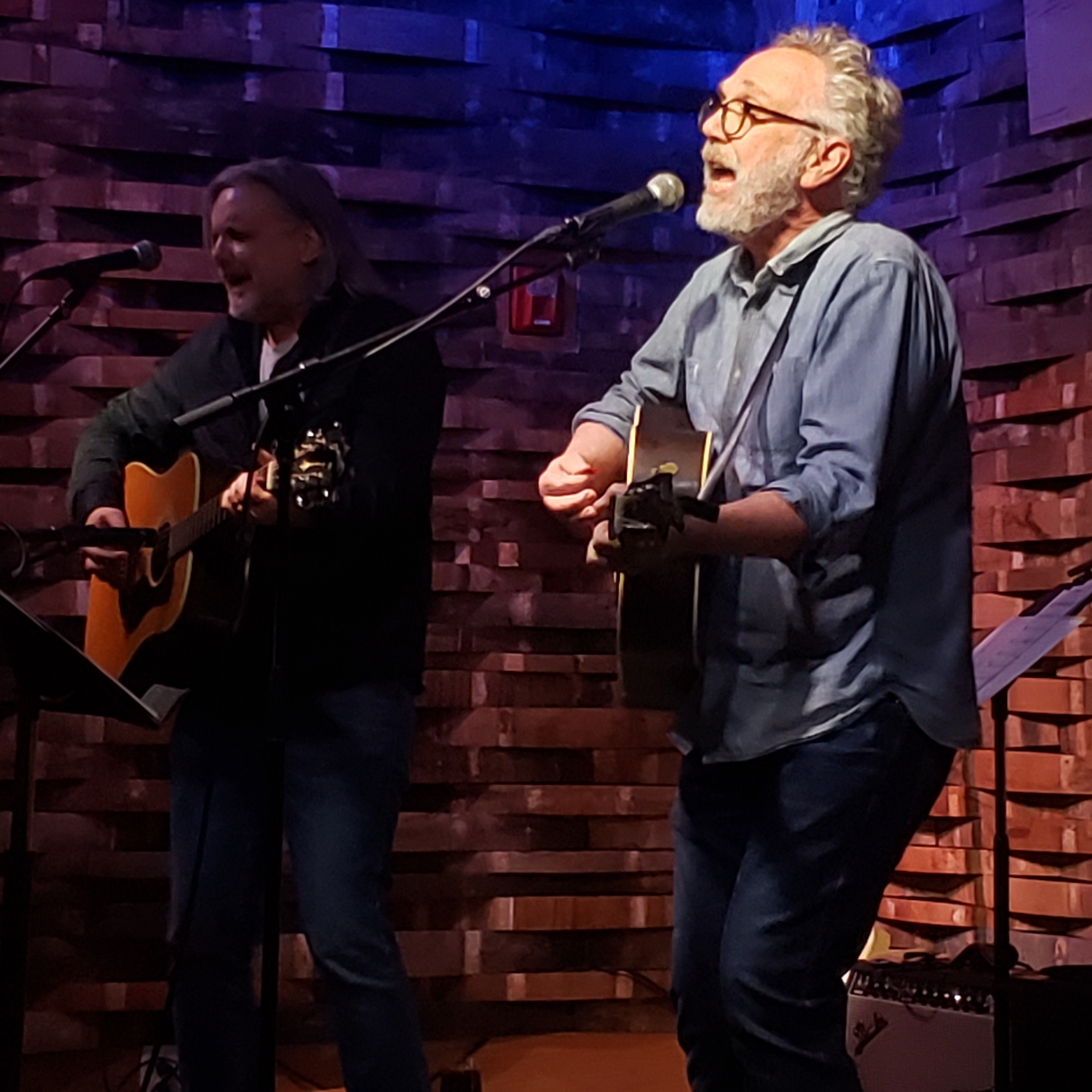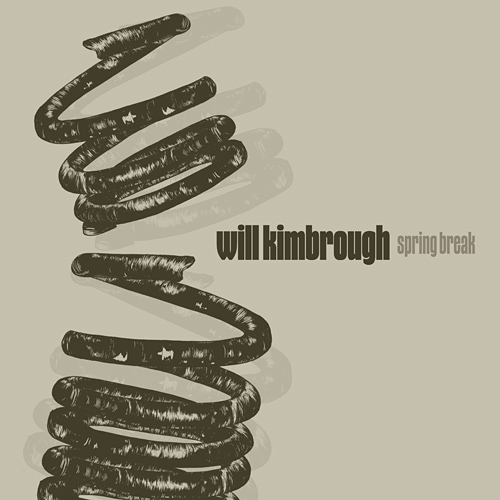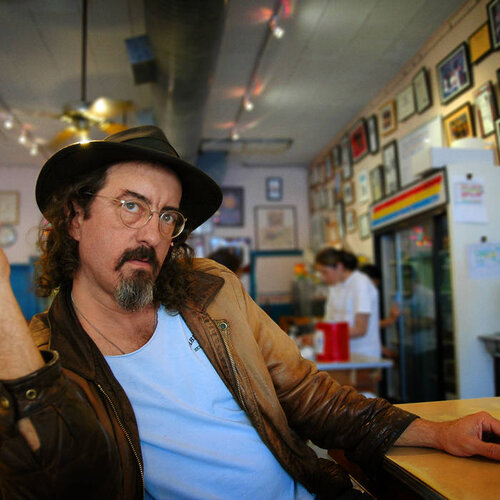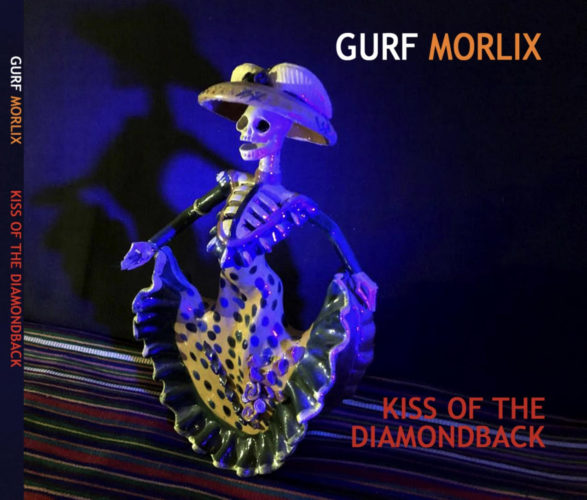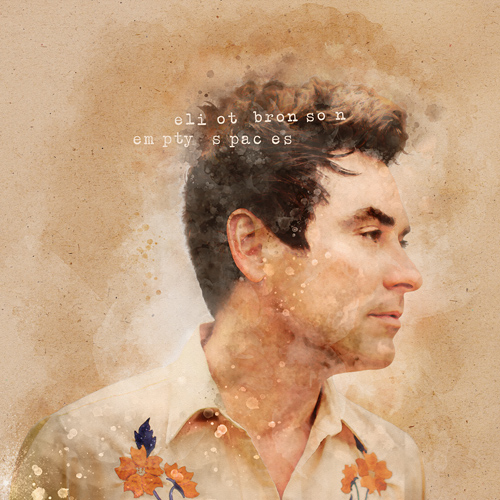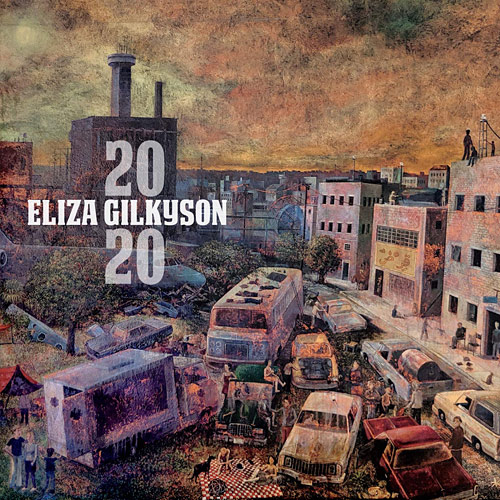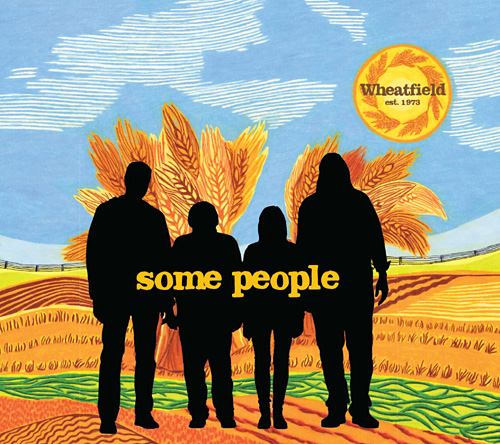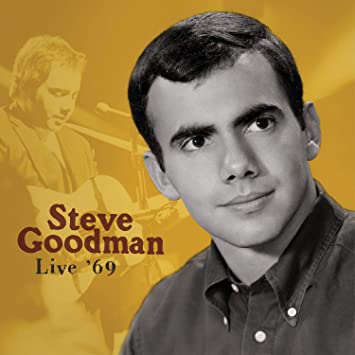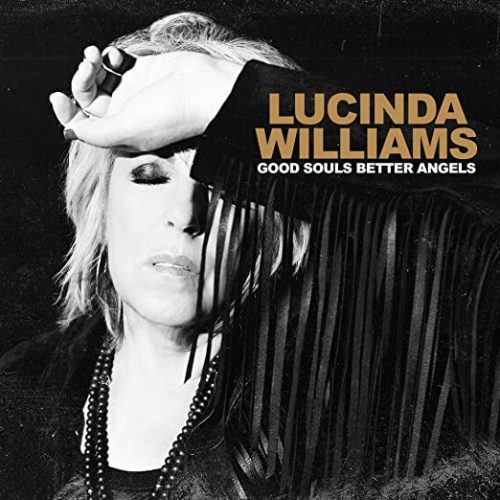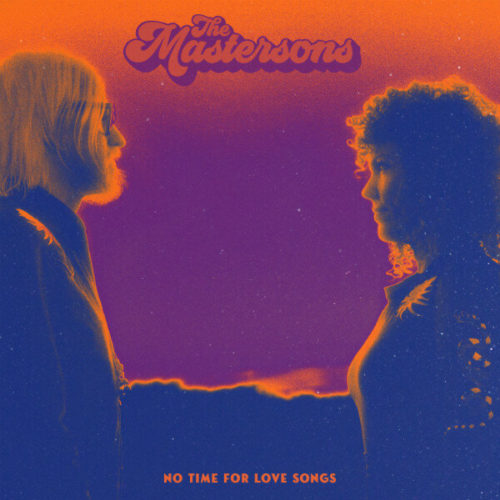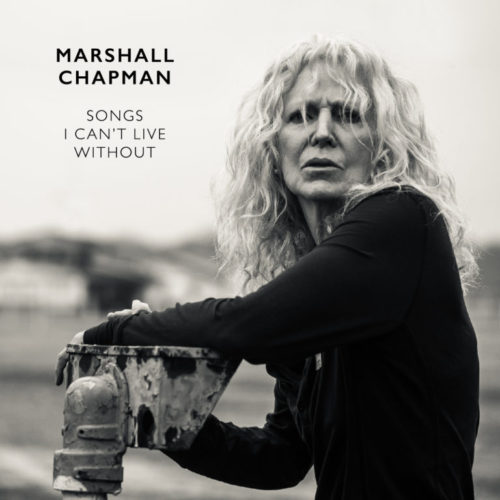By Ken Paulson –
It’s always a joy when an artist and songwriter is an unabashed music fan like the rest of us.
That’s certainly the case with Kent Blazy, whose new album From The Beatles to the Bluebird, is fueled by a love of John, Paul, George and Ringo.
Blazy, a 2020 inductee into the Nashville Songwriters Hall of Fame, has had an extraordinary track record, including writing “If Tomorrow Never Comes” with Garth Brooks, the Brooks hit “Ain’t Goin’ Down (‘Til the Sun Comes Up” and Chris Young’s classic recording “Getting’ You Home The Black Dress Song)”
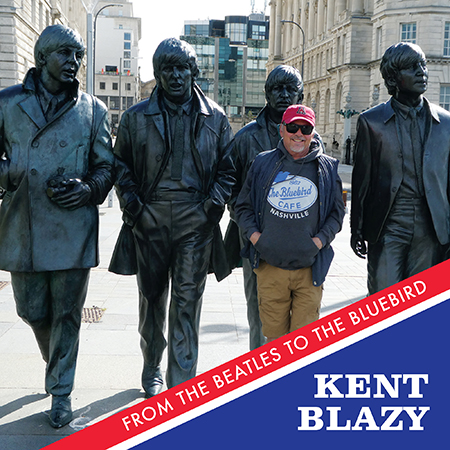
The new album isn’t about Blazy’s hits of the last 30 years. Instead, it’s a full-throated celebration of the Beatles, songwriting and living a vibrant life.
Album opener “February 9th, 1964,” chronicles the night the Beatles first appeared on the Ed Sullivan Show and inspired an entire generation to ask for guitars on their next birthdays. The song was co-written with Steve Allen, who also contributes vocals.
On the title track, Blazy draws a direct line from that night to his later success as a highly successful songwriter playing at the Bluebird Café, Nashville’s songwriting haven. On “Die Young,” Blazy tips his hat to Paul McCartney in his ‘80s, and offers these words of wisdom: “I want to die young at a very old age.” This should be the personal anthem for anyone with a senior discount.
The rest of the album is less Beatles-centric, but always fun and thoughtful. “Just Writing Songs” is a particularly upbeat song about how writing songs for the pleasure of it can sometimes bring unanticipated rewards.
Many successful songwriters reach a point where they set aside their art and just make regular trips to the mailbox for royalty checks, but there’s no slowing Blazy down. He still writes, performs and releases albums on a near-annual basis, still drawing on that magical night in February of 1964, as this new collection attests.
